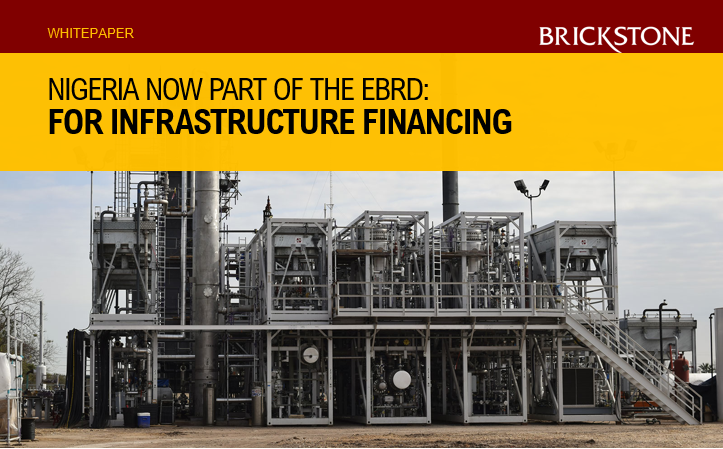Privatization of Airports: Lessons learnt from Emerging Economies
Privatisation of Airports
Privatization of Airports is one of the top globalization trends on the world, it steadily facilitates economic growth, tourism, international investment and world trade. Its centrality to the economic development of countries makes a case for the need to guarantee its survival by the Government.
In the past decades, however, new and disruptive trends have emerged in the aviation industry forcing industry players to device means to survive and be prosperous in order to meet the demands posed by a challenging local and international market. This has compelled many to recognise the need for a radical change in the management and control of the industry.
The effectiveness of this change is what this article considers; Privatisation of airports. Essentially, it briefly discusses the Nigerian aviation sector and its proposed privatisation, examines the outcome of privatisation in other countries and the argument for and against privatisation of the aviation industry and finally sets out key considerations for private entities looking to enter the industry.
Privatisation of Airports in Nigeria
Privatisation entails the transfer of the ownership of property or business of the government to private entities for management, control and operations. Where it concerns a state-owned enterprise, the moment the privatisation of the enterprise is finalised, government ceases to have control over it.
In Nigeria, privatisation of airports would mean the government’s transfer of the management, control and operations of government-run airports to the private sector.
For several years, the Nigerian Government has expressed its desire to privatise the country’s four main airports through the
exploration of Public-private partnerships, but the government
has constantly met with resistance, especially from trade unions and this is among the many issues that could discourage investors.
The core idea behind the privatisation of state-owned enterprises like airports is to raise its efficiency level. Argument for such is that properties, generally, are better managed when they are privately-owned. That is, the more control a private entity or individual has over a property and the understanding that profit or loss is determined by how well-controlled the property is, the better it would be managed.
Because governments, particularly those of developing African countries, have little or no motivation to ensure that state-owned enterprises are optimally run, and are less likely to be checked for their inefficiency in the management of state-owned enterprises, the argument for privatisation of airports becomes valid, especially for the hope of ensuring the proper management of the nations’ heritage and the improvement in the quality of service being rendered to the public.
Often, for privatisation of airports to take place, it must be established that the concerned state-owned enterprise is not being optimally put to use, and that the government in existence is willing to ensure the conversion of the ownership of the stateowned enterprise to the management of private entities on the belief that such change would make quality difference in the efficiency and service provision of such enterprise.
This publication put together by us at Brickstone Africa, therefore, examines the state of airports in Nigeria, lessons to learn from the privatisation of airports in other countries and highlights key considerations for new entrants in the industry.
Download full publication below.
OTHER E-BOOKS THAT MAY BE OF INTEREST
Nigeria Now Part Of The EBRD: Implications For Infrastructure Financing
Download: Accelerating Renewable Power Generation Projects
Download: Accelerating Airports Infrastructure Projects
Why not contact us to make your Project Happen
Our advisors and consultants would be able to schedule an online meeting with you to discuss your project with the overall objective of seeking ways to achieve the “bankability” and protection of the long term asset value of your project. Request a Meeting Now








